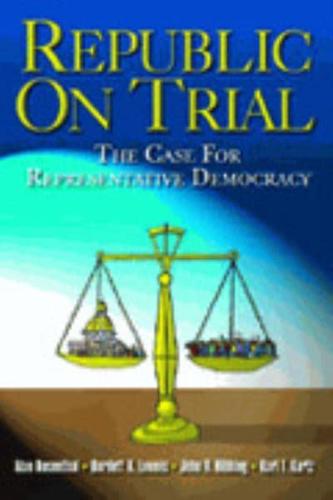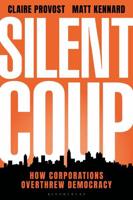Publisher's Synopsis
Despite all the arguing from politicians, special interests, and political parties, Americans basically agree on the most important political issues. If only our legislators would stop fighting over obtuse policy details and really listen to what ordinary Americans want, representatives on Capitol Hill and in the statehouses would actually get something done, right? Wrong.
Americans perceive consensus when in reality there is none. The fact of the matter is Americans not only disagree on the most significant challenges facing the country, but also conflict on what to do about them. On issue after issue-crime, Social Security, homosexual rights, military intervention, abortion-the American public is deeply divided over the proper course of action. Yet our system is not flawed by this division; democracy is necessarily complex and contentious. In truth, without these messy and chaotic features of governance, our system would not be working as the Founders envisioned.
In lucid and lively prose, the authors lay out criteria with which to assess our representative system. By showing students what democracy entails in practice-the in′s and out′s of legislators actually doing their jobs-they will come to see that uncertainty, competing interests, confusion, bargaining, compromise, and conflict are central to the proper functioning of our democracy.










